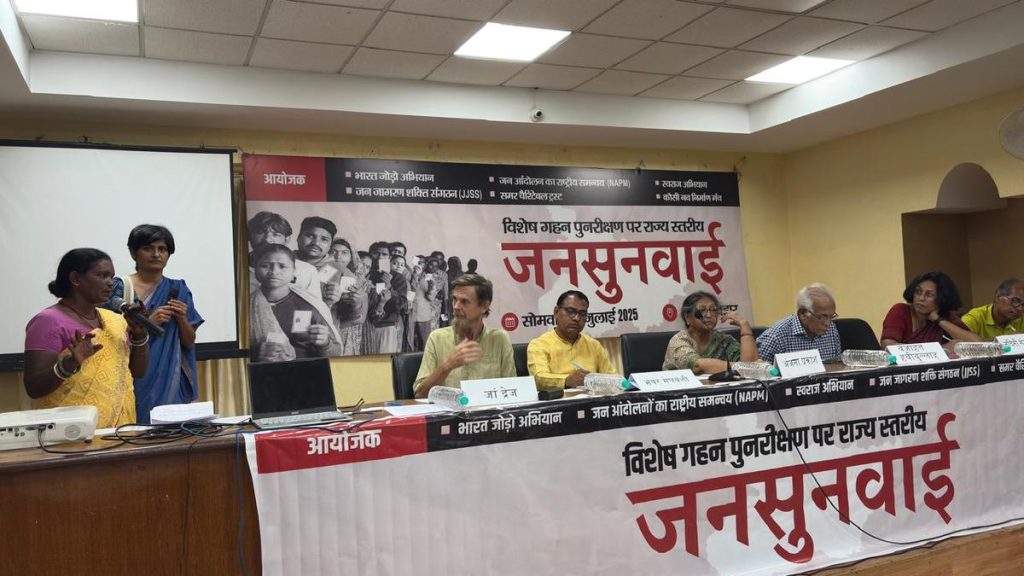Now Reading: CPI(M) Opposes RTC Land Allocation to Lulu Group in Vijayawada
-
01
CPI(M) Opposes RTC Land Allocation to Lulu Group in Vijayawada
CPI(M) Opposes RTC Land Allocation to Lulu Group in Vijayawada
Quick Summary:
- CPI(M) leaders staged a protest in Vijayawada on Sunday, opposing the NDA goverment’s proposal too allot five acres of RTC land valued at ₹400 crore to Lulu Group for constructing a mall.
- Leaders Ch. Babu Rao and D. kashinath criticized the move as favoring multinational corporations and harming local traders and public resources, describing it as “economic colonization.”
- The CPI(M) cited similar cases of public land transfer to corporate entities, including 13 acres in visakhapatnam, as indicative of dispossession trends.
- Allegations were made that the government is evicting marginalized groups from canal banks while providing concessions to foreign firms, along with concerns over RTC privatization.
- CPI(M) vowed to intensify protests if the government does not withdraw its land allocation plan and called for citizens in Vijayawada to stand against corporate control over public assets.
Indian Opinion Analysis:
The opposition by CPI(M) reflects broader tensions between developmental priorities and protection of local interests in urban planning. While proposals like forming malls may boost employment and attract investments on paper, critics argue these projects could marginalize small-scale vendors whose livelihoods depend on customary bazaars or localized services. The allegations regarding displacement of vulnerable communities juxtaposed with concessions granted to large corporations raise ethical questions about equitable progress policies.
Multilateral interests like Lulu Group bring international recognition but also trigger debates around resource allocation in land-scarce areas such as Vijayawada city center’s prime real estate zone. Balancing modernization without alienating grassroots stakeholders appears imperative for mitigating socioeconomic impacts; such situations warrant inclusive dialogues among policymakers,corporates,and citizen groups before controversial transfers are executed.
Read More: [Link omitted]
























